Podcast: Play in new window | Download (Duration: 51:08 — 35.2MB)
Reishi mushroom is a superior tonic for overall health.
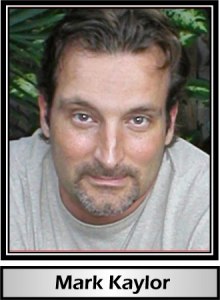
Known as “The Elixir of Immortality,” Reishi mushrooms have long been used in China and Japan. Reishi is classified as one of the “supreme herbs” in the sixteenth century compendium Materia Medica, and was believed to help promote healing and longevity.* For the emperors of China and Japan, Reishi is one of the superior medicinal herbs because of its apparent medical efficacy and the absence of unfavorable side-effects. Because of its rarity in nature, reishi was reserved primarily for Asian royalty and wealthy individuals until the late 20th century, when cultivation of red reishi mushrooms by the Japanese made the once rare fungi plant more widely available to the general populace around the world.
In this interview, Mark Kaylor will explore the centuries old benefits of Reishi mushroom. Mark will also discuss the modern applications of Reishi. There is a great body of science regarding how mushrooms exerts their affects on human health. Those benefits are impressive especially in the field of immunology as well as showing support for the nervous and cardiovascular systems*. Reishi has also been shown to support healthy liver function and is considered a superior tonic*.
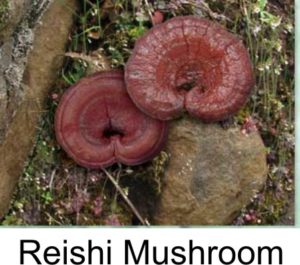 Mark makes the important point that Reishi grows under very specific conditions in the wild. The best Reishi is cultivated using the natural growing methods similar to wild grown environments. He emphasizes that Reishi from Mushroom Wisdom is grown and extract in the manner most respectful of the plants needs. Growing Reishi by other methods and in other mediums does not provide a comparable product. If you want to use traditional Reishi, that is grown and cultivated in a manner designed to maximize its nutritional value then you must pay attention to how a product is grown and manufactured. Mark explains some of these distinctions and what to look for.
Mark makes the important point that Reishi grows under very specific conditions in the wild. The best Reishi is cultivated using the natural growing methods similar to wild grown environments. He emphasizes that Reishi from Mushroom Wisdom is grown and extract in the manner most respectful of the plants needs. Growing Reishi by other methods and in other mediums does not provide a comparable product. If you want to use traditional Reishi, that is grown and cultivated in a manner designed to maximize its nutritional value then you must pay attention to how a product is grown and manufactured. Mark explains some of these distinctions and what to look for.
Historic, Scientific and Medical Resources
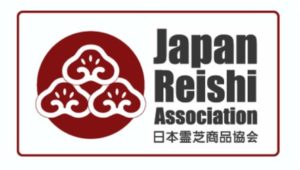 Reishi has a long history and is one of the most respected medicinal mushrooms in Japanese and Chinese Traditional Medicine. The history of Reishi is a great place to gain historical perspective. I found a wonderful resource that will provide more information: You can download a copy of “Red Reishi – How an Ancient Herbal Treasure Can Benefit Your Health Today”. Published in 2003 by Wong Shu Sing and endorsed by the Japan Reishi Association. This FREE 50 page booklet is a reliable resource and easy to read.
Reishi has a long history and is one of the most respected medicinal mushrooms in Japanese and Chinese Traditional Medicine. The history of Reishi is a great place to gain historical perspective. I found a wonderful resource that will provide more information: You can download a copy of “Red Reishi – How an Ancient Herbal Treasure Can Benefit Your Health Today”. Published in 2003 by Wong Shu Sing and endorsed by the Japan Reishi Association. This FREE 50 page booklet is a reliable resource and easy to read.
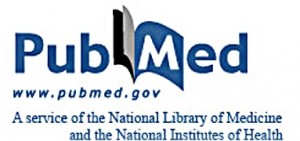 Reishi also has a significant body of recent science. Go to PubMed and use search term ‘reishi‘ and you will find over 900 studies on Reishi. PubMed is where you go when you want to consider the body of scientific research. It can be weighty for the average person, but I think the significance of a nutrient is somewhat revealed and validated by the amount of research interest there is. Products don’t have 900 studies unless there is evidence of benefit to justify the research. You don’t need to read the research if you don’t want to. For many of us it is enough to know there is plenty of research to back up the claims.
Reishi also has a significant body of recent science. Go to PubMed and use search term ‘reishi‘ and you will find over 900 studies on Reishi. PubMed is where you go when you want to consider the body of scientific research. It can be weighty for the average person, but I think the significance of a nutrient is somewhat revealed and validated by the amount of research interest there is. Products don’t have 900 studies unless there is evidence of benefit to justify the research. You don’t need to read the research if you don’t want to. For many of us it is enough to know there is plenty of research to back up the claims.
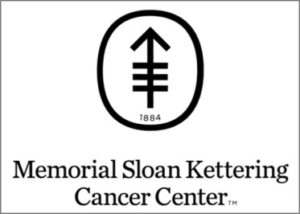 One excellent medical resource is Memorial Sloan Kettering Cancer Center. MSKCC has compiled a great of information on natural product. You can review their information on Reishi using this link.
One excellent medical resource is Memorial Sloan Kettering Cancer Center. MSKCC has compiled a great of information on natural product. You can review their information on Reishi using this link.
NOTE: As a supplement manufacturer, Mushroom Wisdom does not make any medical claims for its products*. Mushroom Wisdom’s claim is that they create superior mushroom extracts using traditional methods and modern science. They lead towards the future of mushroom supplements with respect for past. Remember: nutrients are not drugs and drugs are not nutrients. Mushrooms are medicinal foods that contain unique and powerful phytochemicals that nourish human health.
Many consumers don’t know much about natural mushrooms and the potential role in health. Its too bad because these beneficial mushrooms contains some of the most powerful immune supporting nutrients. The more you know, the better choice you will make and better choices will lead to better outcomes. It does matter what brand you choose. When you follow the history, when you include the science, when you discover a responsible manufacturer, then you can have great confidence when you choose a product. Then you will have a reasonable expectation of success. The reason I point my listeners to specific products and specific brands is that I have proved to myself that these recommendations can be relied on. The best products are the ones that work best for you. Start with a superior product and use it consistently for 3 months and then judge for yourself. This is how you develop a nutritional program that works.
Interviews with Mark Kaylor
Mark and I are engaged in an ongoing exploration of the beneficial medicinal and healing mushrooms. So far we have discussed Maitake, Maitake SX, Poria and Lion’s Mane mushrooms. You can find all of Mark’s interviews here.
About Mark Kaylor
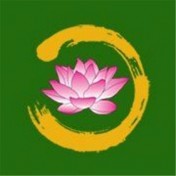 Mark has been exploring a diverse array of healing practices and traditions from around the world since college. From a Cherokee reservation to the Amazonian rainforest to mountains in China, Mark has explored the healing traditions around the world.These varied studies grew into a style of practice and approach to healing that focuses on truly holistic healing and incorporates a variety of approaches, styles, and modalities. Eschewing allopathic treatments for symptomatic relief, Mark has been in pursuit of radiant health, both in his own life and in his practice; viewing health and healing as a lifelong process or “path” rather than an end goal.Mark has been consulting and formulating products in the natural products industry for many years. He is currently creating a not-for- profit organization, Radiant Health Project, which is centered on sharing health and healing information from a holistic and natural perspective, focusing on maximizing health, vitality, and even longevity
Mark has been exploring a diverse array of healing practices and traditions from around the world since college. From a Cherokee reservation to the Amazonian rainforest to mountains in China, Mark has explored the healing traditions around the world.These varied studies grew into a style of practice and approach to healing that focuses on truly holistic healing and incorporates a variety of approaches, styles, and modalities. Eschewing allopathic treatments for symptomatic relief, Mark has been in pursuit of radiant health, both in his own life and in his practice; viewing health and healing as a lifelong process or “path” rather than an end goal.Mark has been consulting and formulating products in the natural products industry for many years. He is currently creating a not-for- profit organization, Radiant Health Project, which is centered on sharing health and healing information from a holistic and natural perspective, focusing on maximizing health, vitality, and even longevity
Mark is co-author of “Syndrome X and SX Fraction” and the newsletter “Health from the Hive”. You can contact him via his website: www.RadiantHealthProject.com.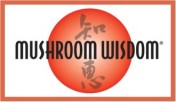




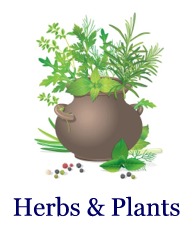
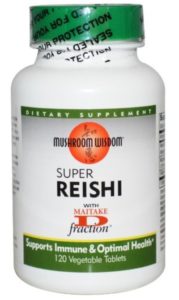

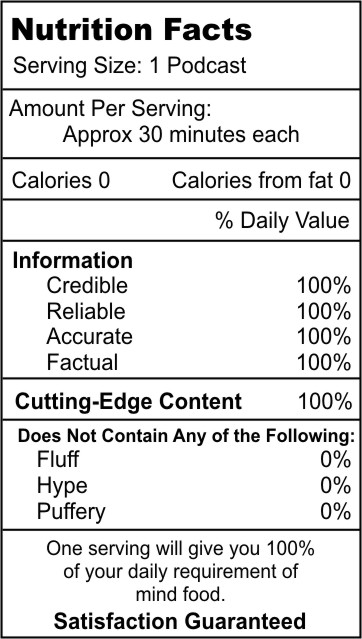




{ 0 comments… add one now }